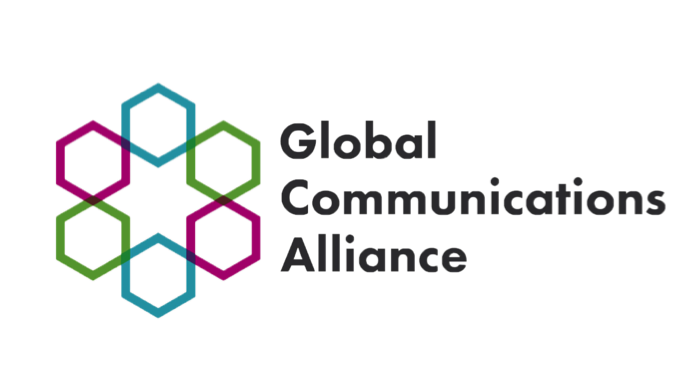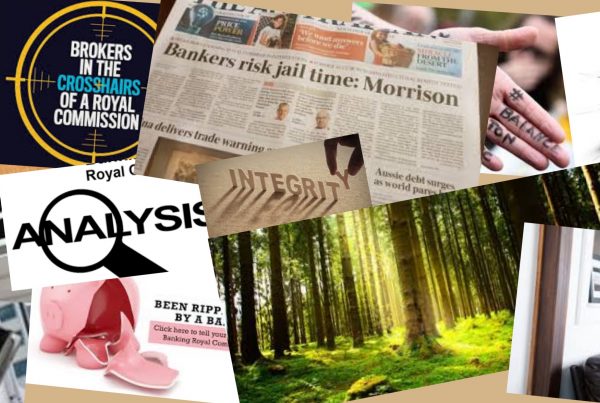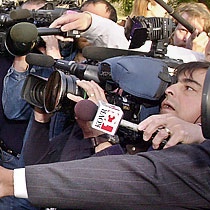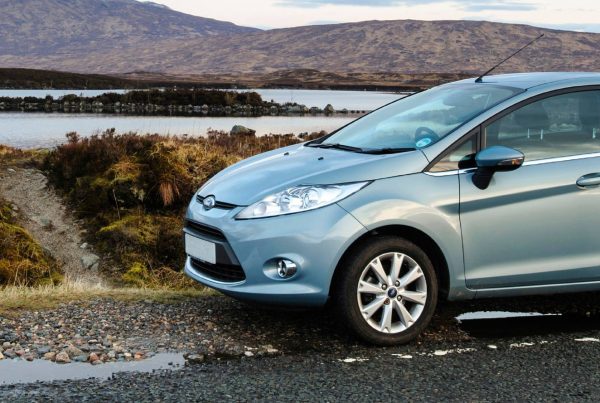(Peter Wilkinson has been elected Chair of the Global Communications Alliance, an organisation of senior independent public relations and public affairs companies)
To be a leader in communications in 2017, consultancies will each need to invest considerable effort in staying ahead of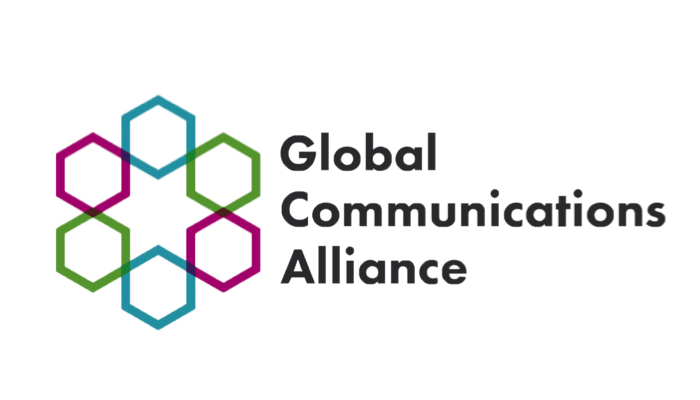 contemporary thinking. The already rapid pace of change is increasing.
contemporary thinking. The already rapid pace of change is increasing.
We communication professionals are in a sector being massively disrupted – the collapsing journalists’ environment, emerging customer power, increasingly accurate measurement and analysis, diversity of devices including the IoT, and the power of cross-channelling are some of the great disruptors putting pressure on consultancies and our clients in 2017.
And what other disruption is just around the corner and how do we identify it quickly, and how do we best exploit it?
That’s why the Global Communications Alliance is an essential component in our partners’ strategic planning to enable us to better serve our clients. Our collaborations, constantly sharing ideas, enable us to better develop each of our strategic directions.
But there’s more.
We all know the tectonic plates shifting around us – the factors that led to Brexit and Trump’s controversial election are just two of them; the social upheaval in the Middle East and the growing influence of China are others; as are the waning influence of journalism and the increasing reliance on the largely uncontrolled social media megaliths, mainly Google and Facebook.
It is our role amid these massive changes that interests me because while some of that change is structural, much has to do with our area of expertise, communication. I believe that the communications industry has failed society through the current disruption. That failure has, in turn, aggravated negative outcomes.
One of the unresolved disruptions for our profession, I believe, is a lack of clarity about how society perceives our role. As a former journalist, my role as a ‘watchdog’ was clear to all Australians – to ensure “The Public’s Right to Know.” Journalists, in effect, work to keep the major stakeholders in this democratic society honest. From that flowed logical journalist’s responsibilities: accuracy and sorting truth & facts from fiction. Journalists are accepted as essential in an open society and ‘Freedom of the Press’ is clearly implied, if not constituted or legislated, in advanced democracies. And yet in future it is likely that our roles, as communication professionals, are going to be more influential than journalism. Perhaps that’s already happened?
So what are our responsibilities? Do we as a profession need to take more responsibility for what is happening around us?
All of these are issues that I will be pondering through 2017.


